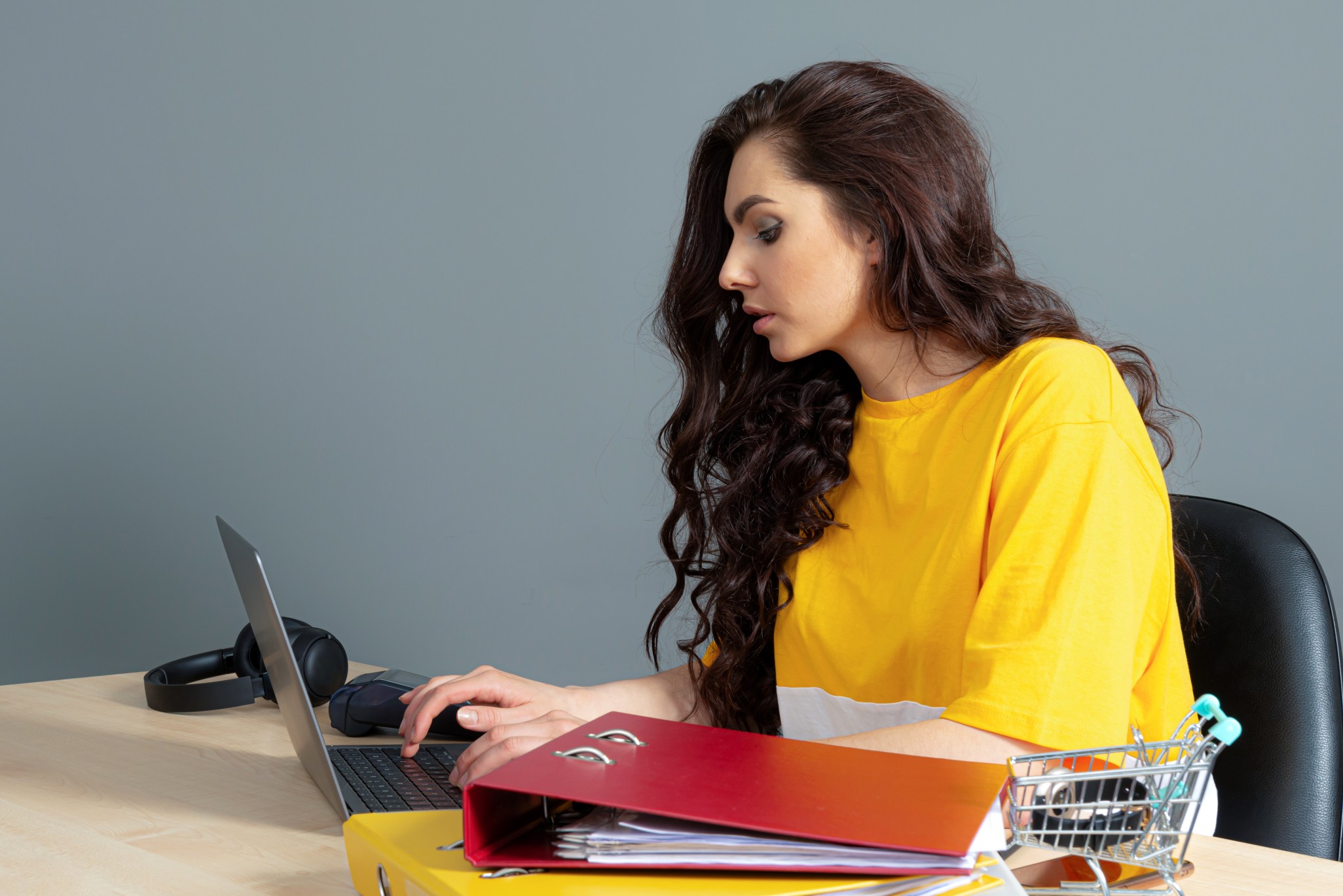A surge in coronavirus cases is causing considerable anxiety and stress. A significant population of India suffers from mental stress that has affected people’s sense of self and confidence. According to the experts, winning against Covid-19 and returning to normal may take time with social distancing, vaccination, and masking measures. Thus, to cope with the current situation, we need a positive outlook and take the necessary steps to reduce stress and anxiety.
How Covid-19 Pandemic Is Causing Mental Stress?
The second wave of coronavirus infection in India has turned out to be more lethal. It is more virulent and taking more lives. Even young people and children are infected. The number of active cases in India is high. In addition, the shortage of medicines, oxygen and the vaccine has have created an overburdened, overwhelming and stressful atmosphere.
Amid the Covid-19 pandemic, people are forced to coop themselves at home away from relatives, friends and loved ones. Social distancing and quarantine are necessary steps to reduce the spread of coronavirus infection, but these public health actions are making people feel lonely, caged and isolated. Devoid of social support and the fear of survival of oneself and their dear ones have increased stress and anxiety.
The pandemic and lockdown is affecting studies, job, and productivity and is causing financial issues. Uncertainty about the present and future is creating panic.
Over the past few months, fear and anxiety have significantly affected Indian’s mental health regardless of gender, age, or demographics. Nevertheless, we should not forget that stress and anxiety weakens the body immunity.
To beat coronavirus infection it is imperative to strengthen our immune system. The question is how to reduce stress and cope with COVID-19 anxiety.
How To Reduce Stress And Anxiety?
There are many things you can do to manage Covid- 19 anxiety and stress. Below are a few tips to help you normalize your emotions, stay calm and focus on mental healing.
Simple Tips On How To Reduce Stress
1. Avoid Checking the News Obsessively
Current circumstances demand you to stay alert, aware, and updated with every Covid-19 related information. However, keep in mind there are lots of misinformation circled around that feeds fear and creates havoc. Read and watch news only trustworthy websites and news channels. Avoid reading or watching Covid-19 information on social media. Constant monitoring of news can make you overwhelmed thus; limit the media consumption to a specific period. In addition, detach yourself from the people who constantly talk about the number of Covid-19 cases and death counts. Always verify any information you receive before passing it so as not to spread rumours that may create unnecessary panic. Sometimes talking about your worries and issues related to the current situation is quite helpful, but overdoing turns counterproductive, fuelling your anxiety rather than easing it.
2. Focus Only On The Things You Can Control
No one has the answer for how long the coronavirus pandemic will last. You have no control over how the coronavirus will mutate and whether it will be more virulent or disappear. The endless search on the internet on this topic will not help you either.
On the other hand, you have no control over behaviour of others and what is happening in our community. You cannot control the severity of coronavirus outbreaks in your city or your country.
Focusing on all these issues will make you overwhelmed. Instead, focus on things you can control. Focus on the steps to reduce your risk of being infected and unknowingly spreading the infection to others.
Steps To Reduce The Risk On Covid-19 Infection
Eat a balanced and nutritious diet; get plenty of rest, and maintain proper hygiene to improve your immunity. Do not step out of your home unless necessary. Wear a mask at public places. When out, maintain a 6 feet distance between others and yourself. Avoid touching your face. Wash your hands frequently with soap water for at least 20 seconds or use a hand sanitizer containing at least 60% alcohol. Follow all the recommendations issued by the health authorities.
- Stay Connected
Evidence shows that you may be infected and risk spreading the virus even if you do not have any symptoms. That is why social distancing is recommended. Nevertheless, social distancing leads to loneliness and isolation exacerbate stress and anxiety. Acknowledge the fact that even if you are physically isolated, we are living in an era where we can still stay connected with our loved and dear ones through phone calls, video calls, and messages. Video chatting is an excellent substitute for in-person visits. You can have face-to-face contact that reduces depression and heals your mental health. In addition, being active on social media platforms provide you with a sense of connection with not only friends and acquaintances but also with your country, community and the world.
- Involve Yourself In Creative Activities
To reduce stress and calm yourself down, give time to your hobbies and get involved in recreational activities. Listen to your favourite music, play an instrument, dance, paint, involve yourself in art and craft or cook your favourite cuisine. Recreational activities are a wonderful medium to express yourself.
- Help Others To Feel Better
Helping others stimulates the production of good hormones and enhances mood. During the coronavirus pandemic, it is imperative to stand together and support each other. While maintaining social distancing, you can help others by many ways. Provide food to infected and isolated people, particularly the disabled and elderly. Help elderly neighbours with groceries and prescriptions. You can leave the packages of food, groceries, and prescribed medications at the doorstep of the needy, following all-important guidelines to avoid contact. Donate to food banks that are providing food to people going through economic difficulties. If you hear of any friend or relative getting infected or unwell, call them, reassure and calm them over the phone and provide them with mental support.
- Be Kind
Coronavirus infection is not connected to any ethnic or racial group. Stop promoting prejudice through negative stereotypes. Be kind, practice charity, and spread positivity throughout the community. Also, you need to be kind on yourself. Go easy and remember you are not alone in this struggle.
- Take Care Of Your Spirit And Your Body
A healthy body is essential to living a stress-free life. Stress management strategies include healthy eating, getting plenty of sleep, exercising, and meditation. Take a walk on your terrace, garden, or balcony early morning to get fresh air and sunlight. Stay active and practice yoga, meditation, and indoor exercises. Make sure your house is properly ventilated. Avoid crowded places. Avoid self-medication and substance abuse.
How To Reduce Stress In Children
Schools and other educational institutes are closed to prevent the spread of coronavirus infection in children. In addition, to ensure safety, children are prohibited from playing in parks and gardens and are not allowed to meet relatives or friends. Children are free birds they love to explore, but this new normal has disrupted their routine and bounded them indoors. All this, along with online studies, is creating stress in kids. To help the child handle stress and boredom, family members should spend more time with them. Play with your kid, engage them in various activities such as drawings, painting, and craft, cooking without fire and dancing. Communicate with your child, listen to them and allow them to express their feelings and emotions. In addition, it is essential to talk to your child about the coronavirus and the safety measures they need to follow to stay protected.
The best answer on ‘how to reduce stress is to focus on living in the present, following a disciplined routine and being hopeful. We hope our article helps you to cope up with coronavirus anxiety, stress and fear in a healthy way.







